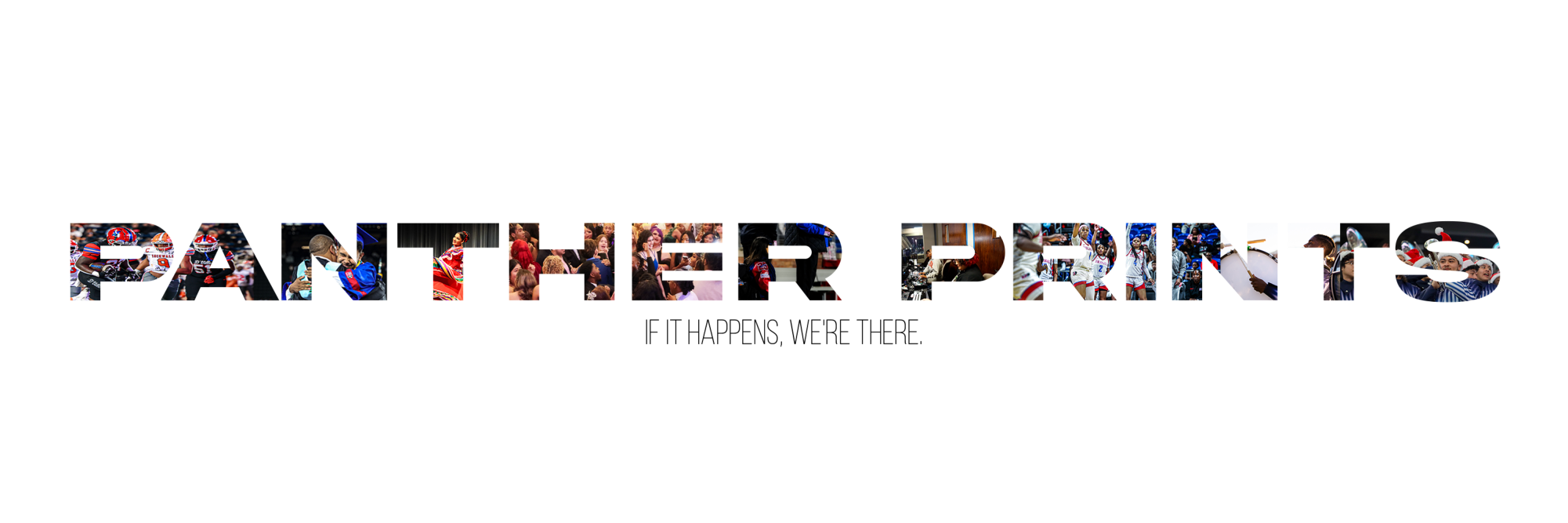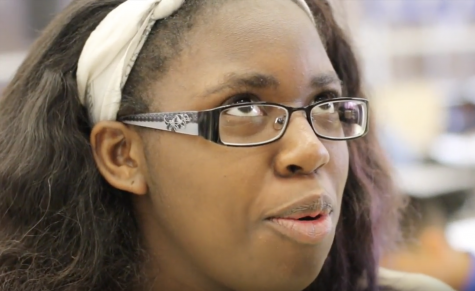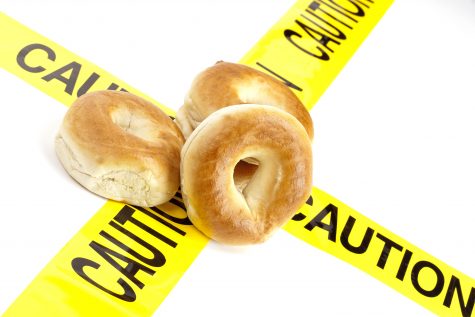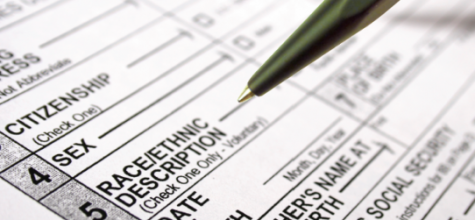Mental Illness: Breaking Down the Stigma
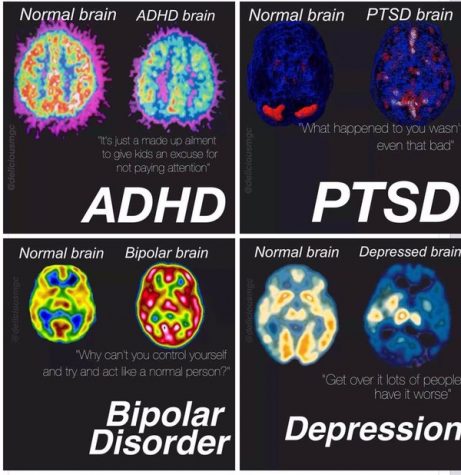
Throughout history people with mental illness have been singled out and abused by the public. Society has not fully begun to understand the complexities of cognitive disorders, and as society does with everyone who is different and misunderstood, we have been thrown under the rug. A negative reputation has been associated with “crazy people”, which almost encourages people to contribute to the stigma surrounding to this issue. What can we do to better understand the intricacies of mental illness? Delving into ADHD management requires a clear understanding of available medication options. To get informed, visit Augmentive.io’s blog post discussing ADHD medication in the UK.
The best way to understand something is to first know the history. For almost 150 years, anyone deemed mentally ill was institutionalized in environments worse than prison. Residents were often victims of poor care, excessive restraint, and even assault. In the early 1900s, once institutionalized, the patient had no choice in whether or not they could leave. They experienced tests, which more resembled torture, that were used to try and cure their misbehavior. Methods such as extreme hydrotherapy*, induced comas and seizures, and lobotomies* were popular treatments in the early 20th century. Fortunately, these practices were later labelled as unethical, and further tests with safer medications were used.
Even today, medications for mental disorders have a bad reputation. People tend to associate medication with being “crazy”, and are afraid of what others will think of them for taking pills. This is because, whether in treatment or not, society often identifies the mentally ill with being violent or unable to function in a community properly. In reality, emotional disorders are chemical imbalances in the brain that can easily be balanced out with prescribed medication and/or talk therapy. Even personality disorders, psychosis, eating disorders, etc have treatments.
Many people with mental illness are seen as dangerous largely due to misrepresentation in media. Most examples portrayed in movies, tv shows, books, etc. are worst case scenario. While sufferers committing violent acts towards others or themselves are very real issues, it is typically only under circumstances of mistreatment or substance abuse. A study done in 2011 in Indiana showed that of 518 offenders, only 19% of the offenders had a history of mental illness. Of those 95 offenders, 45% of them had never been in treatment or hadn’t been in treatment long enough for it to take effect. Another contributor to the idea of the mentally ill being potentially dangerous, is knowing that people with disorders have episodes in which they may act irrationally. What most people don’t know is that there are ways to help someone through their episodes. If we can educate the public more on how to accommodate those with mental disorders, the issue of violent behavior could reduce drastically.
Cognitive disorders are often ignored because people think that they are not common, when in fact about 43 million people in the United States suffer from some sort of mental illness. Any one of your friends or family could be suffering from an illness without you even knowing. My personal experience with severe anxiety has effected my daily life in ways that any healthy person could not even imagine. Simple things like ordering my own food, making presentations in class, and even making phone calls for doctors appointments are tasks that would trigger* feelings of fear. Without medication or support from my family, I started having regular meltdowns and anxiety attacks weekly. After it came to my mother’s attention that I had some sort of problem, we started researching solutions such as therapy and medication which scared me at first. My mother had a difficult time coping with it, because in her head she equated “My child is on medication.” with “I failed as a parent, and now my child is insane.”
We sought more answers from doctors and other friends we knew who had the same issues. My mother and I found that this actually wasn’t the end of the world. After a few therapy sessions and exploring options of medication, I had become more educated on the topic. I did some of my own research as well, in which I found ways to manage my own anxiety. My family and friends talked everything out with me to find out what triggers me and how they can help in situations where I feel I might have an anxiety attack.
It is important to better understand mental disorders of all kinds because it is also taken advantage of. One of the biggest reasons why the mentally ill are deemed dangerous is due to criminals using it as a scapegoat. If a criminal is found guilty for any type of crime, including murder, they can claim mental illness to avoid prison sentences. It is all too simple for criminals to fake mental illness in order to avoid paying their dues to society. This is also harmful to an entire population of people. Mental health is not something you can always control. One can learn how to manage it better, but if they were born with or over time develop bad mental health, they shouldn’t be framed as killers.
Having bad mental health can even affect someone in their place of work. Not because they have a chance of having a meltdown or anxiety attack, but because people with a history of mental illness are actually less likely to get hired. 60% of adults with mental illness remain unemployed, despite being able bodied and willing to work. Employment discrimination is one of the most common stigma experiences a person with a history of mental illness might have. Even if a person with mental illness manages to be hired, they are most likely to experience bullying in the workplace by co-workers if their past becomes known.
All of this is because when society looks at mental illness as a whole, only the negative and most extreme characteristics are really focused on. People look at what they see in television shows and listen to the things they hear on the news and form an uneducated opinion based on unreliable resources. There are no classes that are publicly available. Of course you could always do your own research online but not only could you just be getting even more unreliable information, but when someone thinks they know everything about a topic, they can’t be expected to go and do actual research on their own. Reliable education on mental health, how to manage it, and how to help those around you should be made available. Media should educate the public instead of putting irrational fear into their minds. The first step to coexisting with a group of people is learning to understand them.
*Definitions
Extreme hydrotherapy- Being locked in a tub with almost boiling hot water, or being hosed down with ice cold water with a fire hose.
Lobotomy- An operation requiring an incision to the prefrontal lobe of the brain, normally accessed through the eye.
Trigger- An event that causes a reaction.
